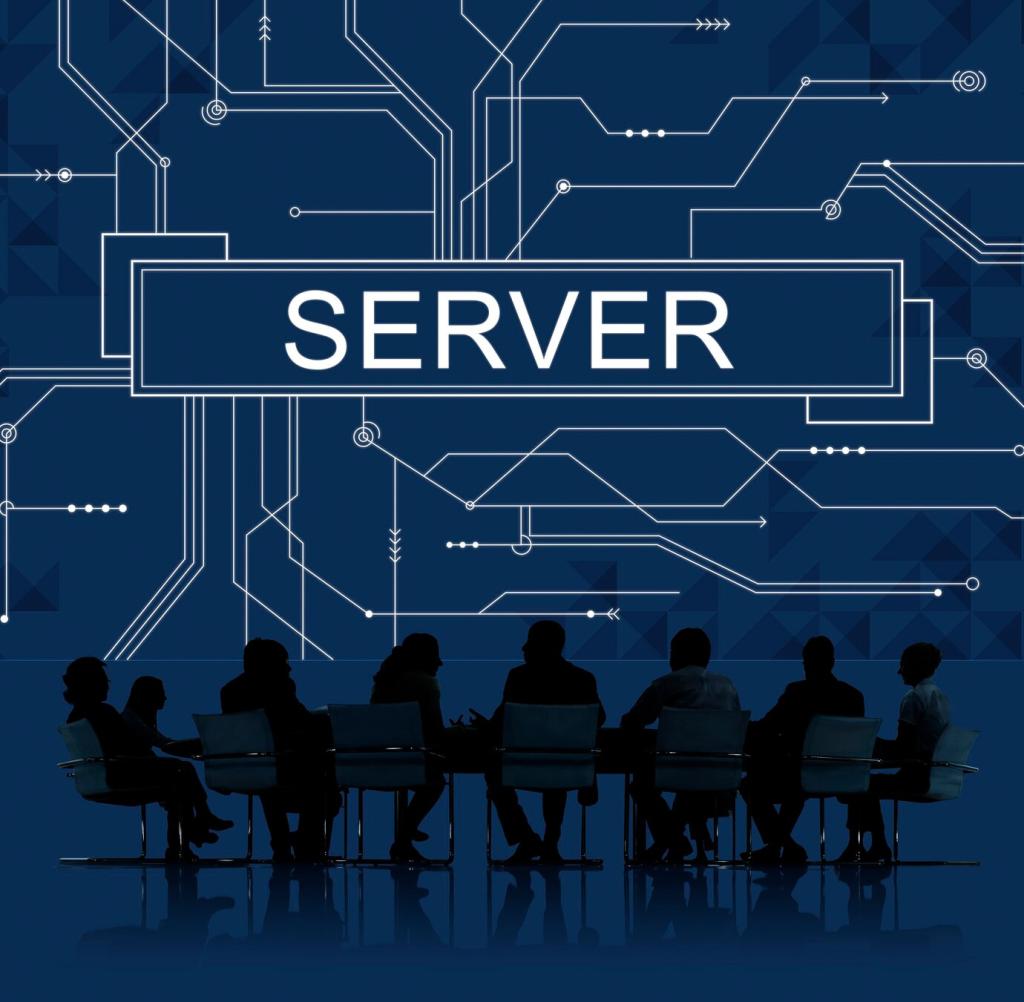Theme: Essential Soft Skills for IT Career Advancement
Welcome! Today we dive into Essential Soft Skills for IT Career Advancement—how communication, empathy, and leadership multiply your technical impact. Expect practical stories, field-tested frameworks, and prompts to practice immediately. Share your experiences in the comments, subscribe for weekly insights, and tell us which soft skill you want to master next.



Collaboration and Team Dynamics
Google’s Project Aristotle found psychological safety was the top predictor of effective teams. Create tiny rituals: rotate facilitators, invite silent votes, and celebrate experiments, not just wins. When a junior engineer’s risky idea got tested behind a feature flag, it became the quarter’s standout improvement. Ask your team how to make disagreement safer.


Collaboration and Team Dynamics
Partnering with product, design, and operations requires language switching. Shadow a support shift or usability test to feel real user friction. After two hours listening to frustrated onboarding calls, our backend squad prioritized a small API improvement that eliminated thirty tickets weekly. Share what you learned with your triad, and invite their reactions.
Adaptability and Continuous Learning
Blameless postmortems create growth without shame. Focus on systems, signals, and guardrails, then add a lightweight follow-up: what will we try next week? A team that turned each incident into one single automation shaved hours off every future outage. Write one improvement you will test by Friday, and invite a peer to co-own it.
Adaptability and Continuous Learning
Reorgs and roadmap shifts are constant. Map your circles of control, influence, and concern, then pick two influence levers to pursue. After a platform pivot, Lina organized brown-bags and internal docs, making the new stack feel approachable. She became the go-to guide, earning cross-team trust and a promotion. Share your influence map with a mentor.


Ownership means solving beyond your commit. When a flaky test slowed deploys, Noor didn’t blame CI; she mapped failure patterns, added targeted retries, and wrote a clear doc. Deploys stabilized, and her influence grew. Start by framing a problem statement, naming constraints, and proposing a timeline—then ask for lightweight feedback to de-risk quickly.
Leadership Without the Title
Mentorship thrives in small doses. Host thirty-minute office hours, review growth goals, and celebrate micro-wins. After pairing weekly, a junior engineer shipped their first production feature a month earlier than planned. Document a ‘How I Think’ note with your principles; invite mentees to challenge it and suggest topics for the next session.
Leadership Without the Title
Time Management and Prioritization
Deep Work versus Slack Pings
Block two daily ninety-minute focus windows, snooze notifications, and publish your availability. After adopting this, a data engineer doubled query optimization throughput without working late. Create a team ‘communication contract’ that defines urgent channels. Invite colleagues to try it for one sprint and compare the calm you all experience together.
Estimating with Uncertainty
Use ranges, not single numbers: best case, most likely, and pessimistic. Communicate assumptions explicitly and revisit as evidence arrives. A team that adopted range-based estimates reduced surprise slippage and improved stakeholder trust. Share your next range publicly and note what would widen or narrow it; your transparency invites smarter support and sequencing.
Saying No Gracefully
Protect focus with ‘not now, but’ responses: propose alternatives, define criteria, and schedule reconsideration. When Maya declined a feature spike during a critical migration, she offered data to revisit later; trust strengthened, not frayed. Practice one graceful no this week and ask the requester whether your framing felt respectful and clear.

Reading the Room in RFC Reviews
Silence can mean confusion, not consent. Name the tension: “I see few comments—does that reflect agreement or uncertainty?” Invite specific perspectives from operations, security, and support. After adopting this prompt, a team caught a risky assumption early and avoided rework. Try it in your next review and report what surfaced.

Managing Stress During On-Call
Prepare for pressure with checklists, breathing techniques, and role clarity. Box breathing and a visible responsibility board steadied one team during a critical outage. They recovered faster and felt safer. Schedule a drill, practice the calm voice, and debrief feelings as data afterward. Share your best regulation tactic to help others handle the heat.

Empathy in Code Reviews
Lead with questions, not commands. Replace “Why did you do this?” with “What trade-offs guided this choice?” In one squad, this shift increased learning and reduced defensive responses, improving velocity and morale. Write one appreciation per review, then one actionable suggestion. Ask your partner if the tone made improvement feel inviting.
Career Storytelling and Personal Branding
01
Use STAR—Situation, Task, Action, Result—and quantify impact. “I aligned three teams, cut cycle time by 28%, and reduced incidents to zero for two quarters.” Practice aloud until it feels conversational. Ask a peer to probe your decisions, then tighten your Action and Result lines until the value is unmistakable.
02
Start small with lightning talks, brown-bags, or internal demos. One developer’s five-minute talk on feature flags led to a conference invitation and mentorship opportunities. Build a talk from a real problem you solved, include data, and end with a checklist. Share your slide draft; we’ll offer supportive feedback in the comments.
03
Show your thinking, not buzzwords. Write short posts about decisions, trade-offs, and lessons learned. A weekly ‘what I tested’ thread attracted collaborators and a referral. Keep your profiles consistent, celebrate teammates, and link to artifacts. Ask followers which topic they want you to unpack next, then deliver with practical detail.
